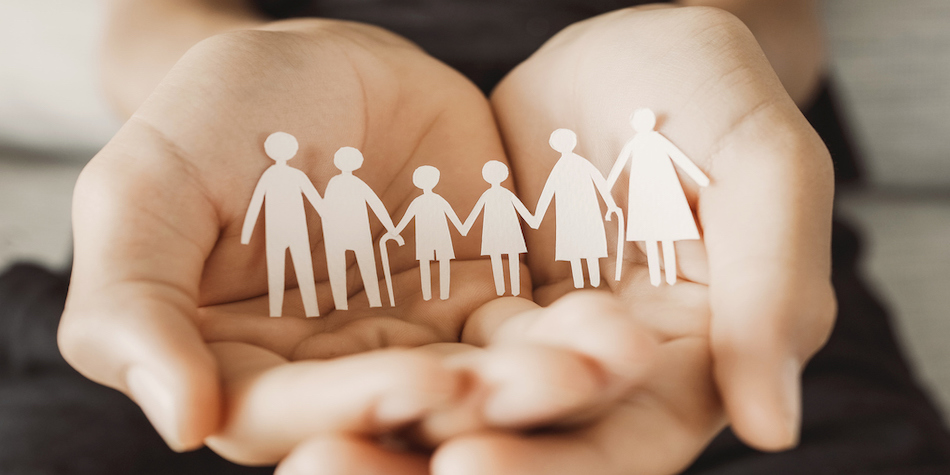Want to work with people and make a real difference? Perhaps you’ve wondered: what does a social worker do?
In times of crisis, a social worker is in your corner, stepping in to provide support and help improve personal and social wellbeing. Social workers provide counselling, arrange emergency accommodation and access to financial support, and connect people with health and legal services.
How to become a social worker
The most straightforward path is to complete a social work degree. To give your career a leg up, taking on volunteer opportunities is highly valued in the industry. Your degree will likely include a practical component, but on top of this it’s best to follow your interests.
Passionate about the rights of refugees? Check out Melbourne’s Asylum Seeker Resource Centre. Want to support people who are homeless? Volunteering with somewhere like Melbourne City Mission might be for you. Social work is a varied and multi-faceted profession, and the more experience you have across various aspects of it, the better-placed you’ll be to find your perfect role in this field.
Here, we speak with social worker and Deakin graduate Cory Wolverton about what working in the profession is really like.
What led you to becoming a social worker?
‘I grew up in the country and after finishing school did mostly agricultural work and manufacturing. After I moved to the city, I did an apprenticeship and became a chef. Unfortunately, you don’t get paid a lot and can be treated pretty poorly in hospitality.
I decided I wanted to change careers so I could make structural and systematic change in the world I live in and have a positive influence, so I chose social work.
Cory Wolverton
Deakin graduate
Tell us about your role: what does a social worker do?
‘The Orange Door is a free service for adults, children and young people who are experiencing or have experienced family violence and families who need extra support with the care of children. It was set up as part of the Victorian Government’s response to the Royal Commission into Family Violence.
‘I have a caseload of about 18 families. We receive referrals from various places within the community such as schools, hospitals, DHHS and directly from clients. Then I call the family to have a chat, and from there I help the family make sure they have all the tools possible to be able to parent the way they want to.
‘My role is about capacity building. This includes linking families into ongoing supports such as mental health supports, therapeutic supports for children, parenting programs that build capacity and provide insight, and programs that promote social interaction. We also provide some short-term support where we provide advice around parenting and behaviour management strategies for children, safety planning in regard to family violence, and just checking in with parents, building confidence and letting them know that parenting is difficult and they are doing the best they can.’
What do you love most about your job?
‘The best part is achieving positive outcomes for parents and families, even if the wins are small. Being able to connect a young person with a youth worker or assisting in a small amount of brokerage, like food vouchers or hooking them up with a food bank, is super nice.’
What are some of the challenges of your job?
‘The system is designed by people who will probably never have to use it, so it’s not always the easiest system to navigate and it doesn’t always reflect social work values. For example, many people with mental health problems are expected to navigate a system that’s built for people that don’t have mental health problems. It can be frustrating for the clients we work with, as well as for the social workers.’
What are the necessary skills required in your job?
‘It’s super important to be empathetic towards and understanding of clients with different life experiences. And you have to understand that not everyone in society is given the same opportunities and power to do whatever they want to do. If you find yourself blaming people for their situations or being judgmental, it doesn’t make the work as nice and it’s not beneficial for clients.
‘With a big caseload, social workers also need to be organised – otherwise you can get bogged down in the admin side of things. My experience as a chef made me a very organised person, and I really enjoy processes.’
What school and university subjects or qualifications fit this job?
‘You’ll need a Bachelor of Social Work or Master of Social Work. I graduated from the Bachelor of Social Work and found out about this job through one of my university placements. Since then, I haven’t looked back.’
Want to make a difference in the lives of others? Explore our social work degrees.

